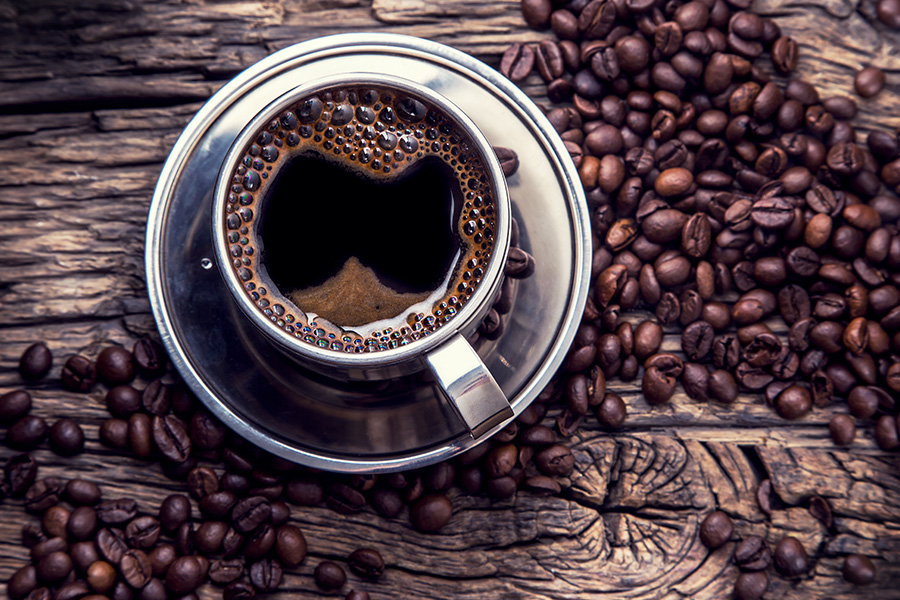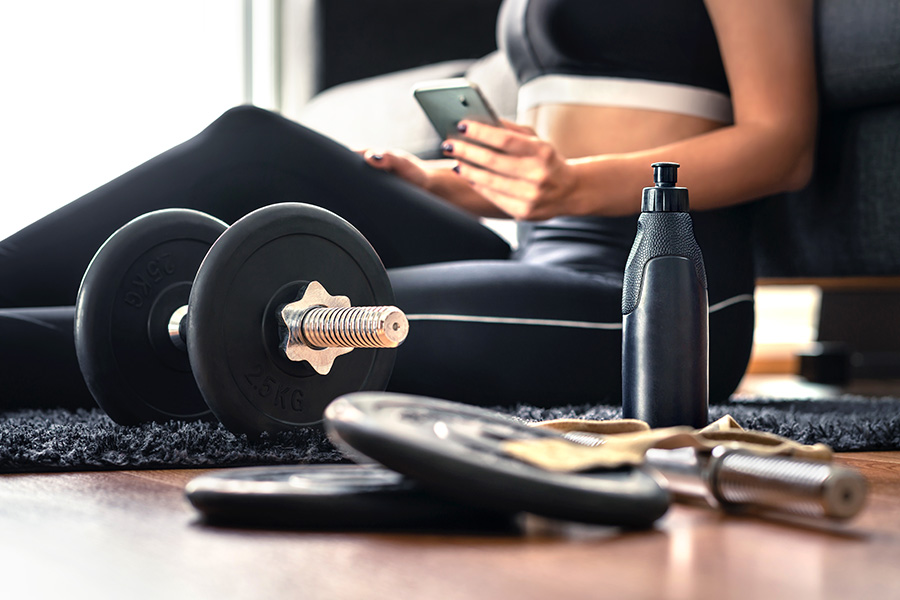Promoting athletic performance through nutritional supplementation has been a popular research topic in sports science, and caffeine has been proven in many studies to be a legitimate supplement that can effectively enhance aerobic and anaerobic performance. However, whether caffeine, which also has an analgesic effect, can be effective in reducing muscle strength performance when the exercise causes delayed muscle soreness in the case of supplementation, and whether the effect has gender differences, has not been clarified. Therefore, we designed an experiment in which a downhill running caused running-induced delayed muscle soreness with male and female athletes, followed by caffeine supplementation of about three cups of American coffee, and observed the degree of muscle soreness change and muscle strength performance. The results showed that caffeine supplementation was effective in terms of reducing the muscle pain of both male and female athletes, but the degree of reduction in pain was higher in men than in women. Both men and women, however, can benefit from the same supplement of coffee that reduces the maximum loss of muscle strength. If you have muscle soreness and want to exercise, drink some coffee next time.
In unfamiliar body activities or high intensity centrifugal training, it is easy to cause muscle fiber damage, which then causes subsequent inflammation and muscle pain discomfort, which usually peaks 24 to 72 hours after exercise, and is called delayed onset muscle soreness (DOMS). When delayed muscle soreness occurs, the athlete's performance will be affected, including an obvious drop in muscle strength. Therefore, how to reduce the performance of the decline in this case is a very important topic in sports training.
Caffeine has a very similar chemical structure to adenosine, and acts as an antagonist of adenosine. When caffeine is combined with an adenosine receptor on a neuron, it blocks its function of transmitting pain messages. Caffeine is thought to have a pain-suppressing effect. We think that in delayed muscle soreness, caffeine supplementation should slow the decline in muscle strength performance. In addition, past studies have shown that differences in psychological and social experience can affect how individuals of different genders perceive and tolerate pain. Therefore, we also observed whether caffeine supplementation during delayed muscle soreness would have the same effect on athletes of different genders.
We tested subjects for delayed muscle soreness induced by downhill running for 6 mg of caffeine capsule per kg body weight or equivalent of placebo every other day, equivalent to about 3 cups of American coffee, and for maximal muscle strength and endurance (50% duration of maximal muscle strength) before and after the supplement. The results showed that caffeine supplementation could reduce the loss of maximal muscle strength by 10.2% in delayed muscle pain, but it was not helpful to muscle endurance, and the effect of maximal muscle strength did not differ between genders. In other words, both males and females could get the benefit of reducing the loss of muscle strength in delayed muscle pain by caffeine supplementation. Interestingly, our experiments also observed that men were able to reduce pain by 21.5% with caffeine supplements, compared to 4.6% of women. Although this subjective difference in perception of pain did not reflect muscle strength performance, it is still worth future discussion to determine whether men might be able to gain additional energy benefits from delayed muscle soreness with caffeine supplements.
Source:
Chen, H.Y., Chen, Y.C., Tung, K, Chao, H.H. & Wang, H.S. (2019). Effects of caffeine and sex on muscle performance and delayed onset muscle soreness after exercise-induced muscle damage: a double-blind randomized trial. Journal of Applied Physiology, 127(3), 798-805. DOI: 10.1152/japplphysiol.01108.2018.










